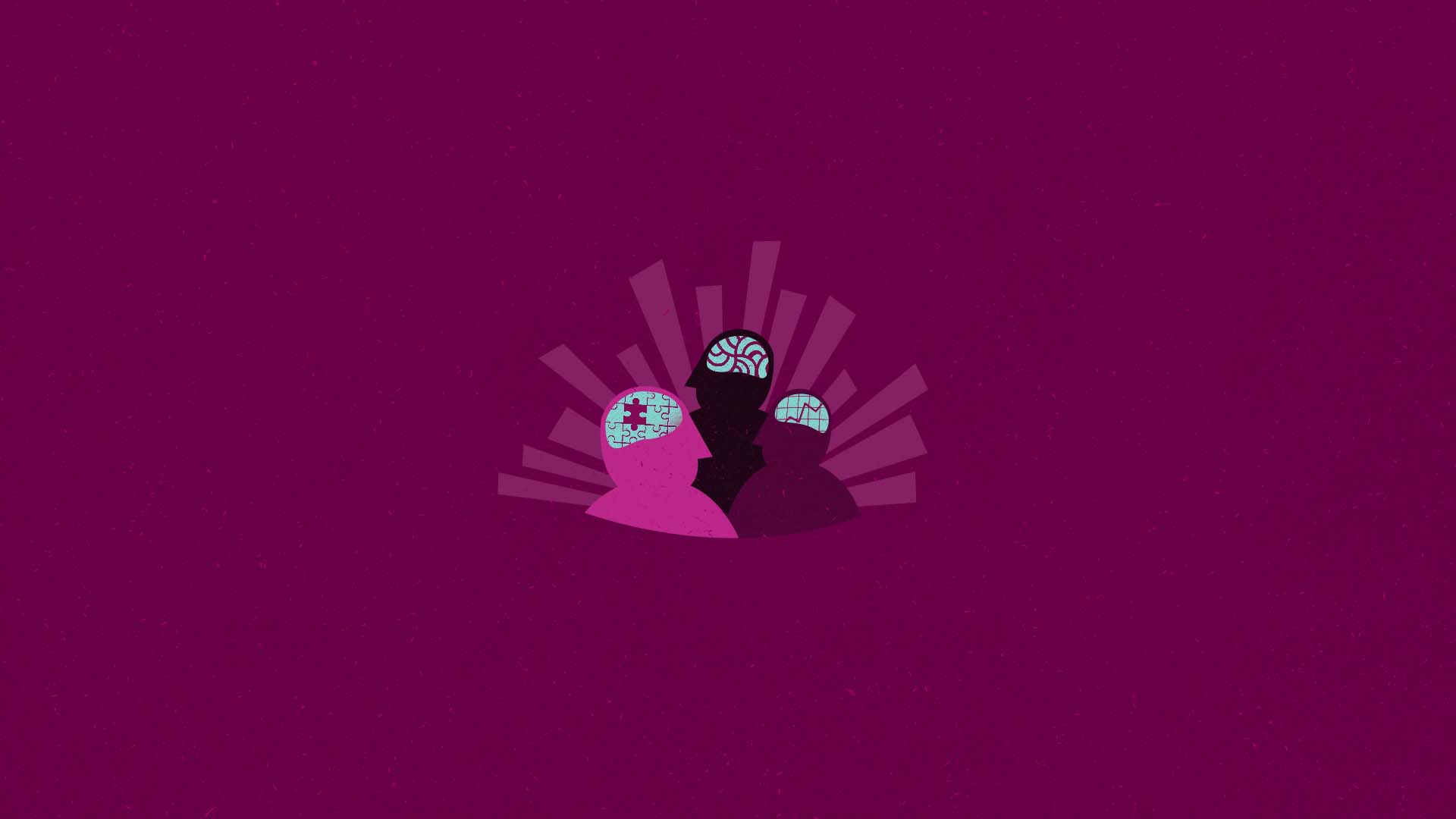
Doing More For the Neurodiverse
For most students, adjusting to college life is a challenge. Students are away from home, likely for the first time in their lives, and have to build a new community and new routine, all on their own. For neurodivergent students, this transition is even more challenging as social challenges and lacking accommodations can leave them feeling lonely, misunderstood, or underestimated.
Neurodiversity describes how individuals interact with and experience the world around them differently. Neurodiversity poses that there is no singular way to think, learn, or behave. Instead, the varying frameworks in which people think are simply different and should not be considered a deficit. While we typically categorize people with Autism, Attention Deficit Disorder (ADHD), Dyspraxia, and Dyslexia as neurodivergent, anyone experiencing a condition that impacts certain neurological skills can identify as such.
Neurodivergent students make up anywhere from 11-30% of undergraduate student bodies. And their presence in the classroom can be an incredible asset, as they are highly intelligent, engaged, and share incredibly unique and creative considerations. Often, these students set a premier example for their peers, as they work hard, are reliable, and are enthusiastic about learning.
Traditional learning environments can pose unique challenges for the neurodivergent, as they commonly struggle with social situations like group discussions or projects, attention deficit, and obsessive-compulsive tendencies. Without the proper support or communication, these students can be left feeling ostracized. So how can the contemporary classroom adapt to better support students of all abilities and backgrounds? The good news is that many campuses are even putting together unique initiatives to assist neurodivergent students in navigating the college landscape.
At the University of Nevada-Reno, the faculty came together to develop the Neurodiversity Alliance, a network of students, faculty, and staff charged with developing and sharing resources that address the needs of neurodiverse individuals on campus. To better understand the needs of this student population, the alliance began with a comprehensive university-wide survey. Results gathered from the survey provided better insight into current campus accommodations helping to outline those that were beneficial to students and areas where resources were still lacking.
The Freedom in Elements program at California State University in Chico provides teen and adult students on the spectrum with the opportunity to attend a pre-college experience before they enroll. During this four-day program, participants familiarize themselves with campus living by staying in student housing, eating in the dining halls, and participating in programs that help them increase their social skills and develop personal relationships.
At Stanford, the Standford Neurodiversity Project, developed by the Stanford School of Medicine, offers neurodivergent students free, comprehensive student support services, including early move-in and a specialized orientation program that helps ease the transition for the neurodiverse. The project’s core goals are to “Establish a culture that treasures the strengths of the neurodiverse individual. Empower neurodiverse individuals to build their identity, enhance their long-term daily living skills, and attract talented neurodiverse individuals to study and work at Stanford.”
Other universities have implemented more hands-on mentorship programs for the neurodiverse, including academic support, tutoring, social networks, independent-living support, social skills and student success workshops, or coaching and one-on-one peer mentorship.
While creating more extensive programs and initiatives is essential to the long-term support of students, even the most minor tweaks in the classroom can positively impact a neurodivergent student’s educational experience. Looking to make changes in your own classroom? Here are a few things to keep in mind:
Maintain High Expectations
A growth mindset is critical when working with neurodivergent learners. Just because you have some students that exhibit abnormal behaviors or communicate differently doesn’t mean that they aren’t capable of excellence in the classroom. While these students may need some flexibility, one can value neurological differences and their subsequent needs while remaining realistic and optimistic about one’s abilities.
Eliminate Misconceptions
Not all neurodivergent individuals are alike, so time spent looking into current student populations and reviewing conscious and unconscious biases is crucial. Make space for faculty, staff, and administrators to consider what assumptions are made about their neurodivergent student population and how they could disadvantage current and future students.
Create a Classroom That’s Psychologically Safe
A psychologically safe classroom is where students don’t feel anxious or nervous to ask questions, request clarification, or feel ashamed if something isn’t clicking for them. Build a classroom environment that encourages inquiry and makes students feel safe to show some vulnerability. Students that learn in psychologically safe classrooms have a greater sense of self-confidence and will be more likely to participate.
Promote Transparent Pedagogy
Make learning outcomes, classroom expectations, and intentions as clear and straightforward as possible. Helping your students understand what they can expect from you and what you expect from them allows students to establish a strong foundation for how your classroom functions and how they can adapt their needs to suit your learning environment.
Vary Teaching Strategies
Varying your teaching methods in the classroom provides your students with more opportunities to access and understand the information presented to them. Different students respond to different strategies depending on how they think and process information. Providing them with multiple entry points will ensure that they can access information and align lessons with how they prefer to engage.
As universities continue to recruit and retain more diverse student populations, the adaptation of neurodivergent student support initiatives will empower a broader population of students to advocate for themselves and realize their potential. Recognizing the strengths and contributions of neurodiverse students only helps to foster more innovation. The more perspectives we welcome and support on college campuses, the better off we’ll all be.